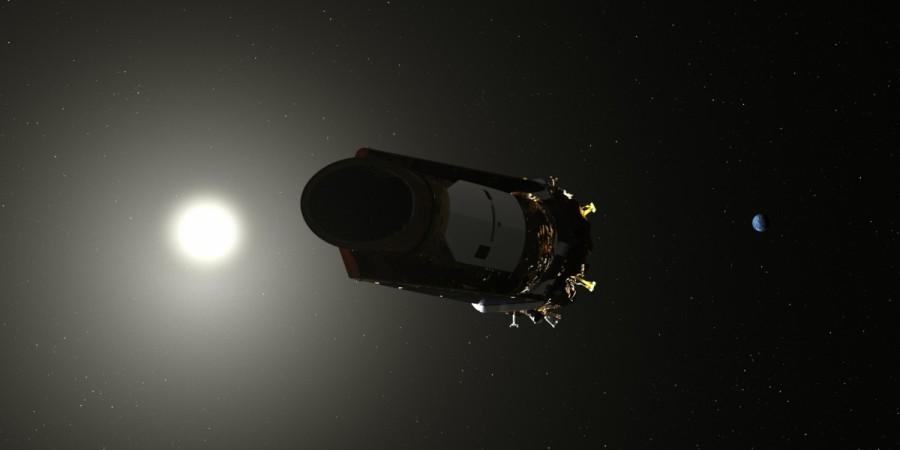
NASA's Kepler Space Telescope, one of the prolific telescopes ever, has helped identify thousands of exoplanets, many of which could even host life since it was launched in 2009. The spacecraft has now finally run out of fuel and the space agency has put it on hibernation mode to download all the data from its drives.
NASA in a report said that once all the data is downloaded, Kepler will be switched on again to continue its observations till it eventually runs out of fuel. The space telescope while proving to be an invaluable tool for gathering data from across the universe, suffered a mechanical malfunction to its systems in 2013, and was unable to steer effectively. This left NASA scientists to come up with a clever plan to use the Sun to steer in place of its failed reaction wheels, reports Gizmodo.
As of now, NASA reports that Kepler has been on its 18 mission since May this year. It is now making observations toward the constellation Cancer which it previously studied in 2015.
Data from this second recording could provide researchers with the opportunity to both get more data on the previous exoplanet finds as well as discover new ones. Having said that, NASA has made it clear that returning data back to Earth is the highest priority for the remaining fuel.
As to how data will be beamed back to Earth, it is a lot more than just a simple over the air data transfer. The report explains that Kepler must turn its large antenna toward Earth and wait for the allotted Deep Space Network time to transmit the data. The next available slot is only available in early August.
Kepler will remain stable, unmoving, and "parked" in space till then, notes the report. On 2 August, the ground team will commandeer the spacecraft and awaken it from hibernation and manoeuvre it to the correct orientation to begin the downlink of data. If the manoeuvre and download are successful, then the team is set to start the 19 mission by 6 August with what little fuel is left in the tank.
NASA says that the fuel is running very low and it is likely to run out in a few months at best. The Kepler mission has borne a lot of information and given astronomers a lot to work with. The report mentions that until recently, new exoplanets are still being uncovered using data from its tenth mission, so new discoveries are bound to be made in the coming years as well.














